In the early 1960’s, before interstate highways were built, Robert Williams, my grandad and best friend, and I often motored U.S. Route Forty-Two north to visit his Aunt Millie Bookman in Cleveland. The only time that we came close to meeting our maker (and it was very close), I missed reporting a stop sign as we intersected Ohio Route Thirty-Seven in Delaware. A gasoline tanker bounced to a sudden stop to avoid broadsiding us; close, but no smoke.
During our visits to Northeast Ohio, we included a stop in Twinsburg Heights, a rural community where Uncle Al Turner, my grandad’s brother-in-law, was raising his children, Robert, Fannie, Gail and Carol Ann, following his wife, Willie Mae’s death. On the way home from one trip, Uncle Al put a field drum and a jazz guitar into the Plymouth for my brother and I to play, since his kids didn’t seem to have musical interests.
These instruments became among the first in the Howard Brother’s collection, to be joined by an upright piano, a bass drum, xylophone, bugle and a host of musical noise making toys. The bulk of the instruments came from the attic of Cornetta Palmer, a church woman whose husband had been a drummer during the jazz age of the 1920’s and ‘30’s.
The bugle was a gift from my neighbor and big brother, Billy Leftwich. He used to blow bugle calls from his porch during the summer of 1960 and that sound burned so deep that I eventually begged Billy for the bugle and with his guidance, I taught myself the calls.
I got my first formal lessons from our pastor’s wife, Mary Liggins, who taught Gerald and I introductory piano that summer of 1960. It took a year to get through Teaching Little Fingers To Play and while we were learning, our mother was teaching her fingers too. We had just started book two when Mom ceased our lessons, apparently frustrated that our exploding passion for little league baseball was destroying her investment in our training.
But my brothers and I kept the ear shattering racket going in the basement, playing along with her tape recorder, listening to WVKO Radio, singing, learning lyrics and harmony, absorbing everything musical. I began to be noticed in school music classes; I raised my hand when my teacher, Shirley Cox, asked, “Whose got that deep voice out there?”
Ray Starrett began instructing instrumental music for Plain City Schools in the fall of 1960 and I was eager to be his fifth grade trumpet student at aged ten. He was confident enough in my progress by aged twelve to allow me to switch from trumpet to the baritone horn; an instrument that I heard solo on a boogie piece called Time Out For A Jam Session. I had to switch back to trumpet in the eighth grade because he needed a strong, first chair, lead trumpeter for the Plain City Junior High School Band. That year I wrote my first chart and was featured in the spring concert on my arrangement of the hit Alley Cat.
When I went to Jonathan Alder High School in the fall of 1964, a lack of seniority forced me to sit with the third trumpets for the football and concert season. But early in my sophomore year, I was apprenticing with the upperclassmen in the lead section, playing selections from Broadway shows like South Pacific, overtures to operas, concert band repertoire, dixieland medleys and in the trio of trumpets on Bugler’s Holiday.
The kids in our Frazier Estates neighborhood had formed a band by 1965 and I was leading with my trumpet and voice. The first group, The Soul Internationals, included my brother Gerald on guitar, Doug Yoder on bass, Richard Madry on tenor saxophone, Chuck and Debbie Davidson on drums and piano. We rehearsed James Brown songs, The Four Tops and Temptations, Otis Redding, etc. Uncle Bill Chapman, an announcer on WVKO, used his connections to get us mentions on the radio and appearances at teen dances with the Belmont Youth Club.
In the early summer of 1967, I was appearing on stage at Columbus’ Veteran’s Memorial Auditorium as a screaming teen in Bye, Bye Birdie, with Gene “Bat Masterson” Barry, singer Arlene Fontana, comedian Totie Fields and Ted “Lurch” Cassidy. Fellow teen Andy Robinson and I were the biggest hams of the entire company, singing and playing the Righteous Brothers at every party or rehearsal break. I cherished that entrance into show business; becoming an adopted son to Totie Fields and George Johnson, her husband/music director. She died two summers later, losing her inspiring bout with cancer.
I became a paid, professional musician, July 21, 1967, seven weeks before my seventeenth birthday.
Subscribe to:
Post Comments (Atom)
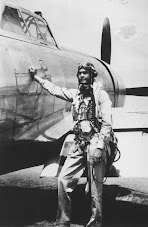


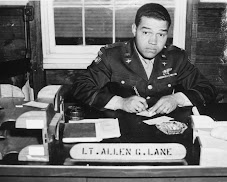
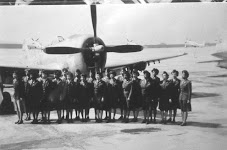
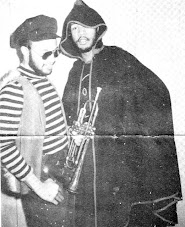





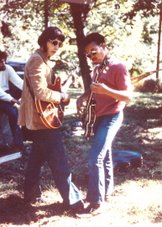
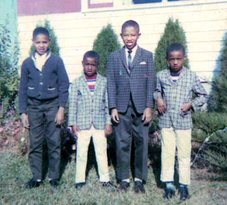
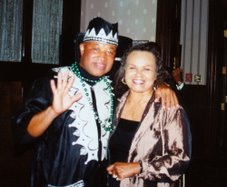

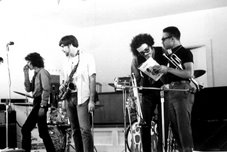
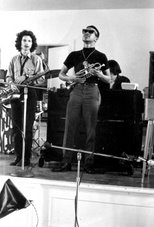

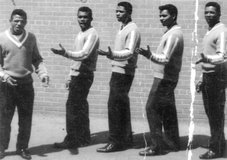



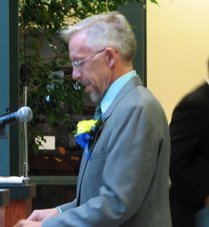
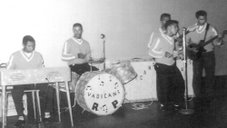
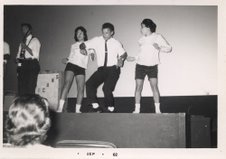


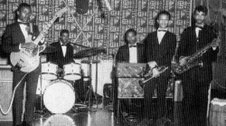
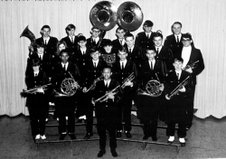
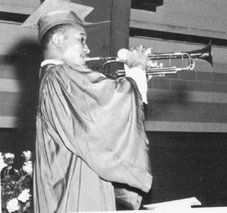
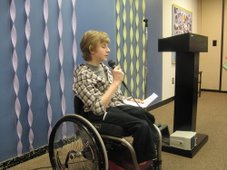
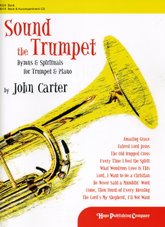
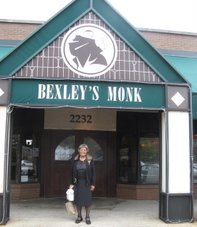
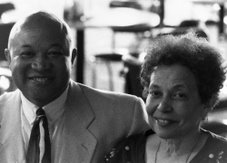
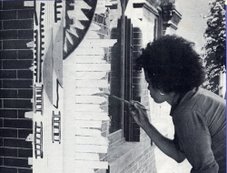

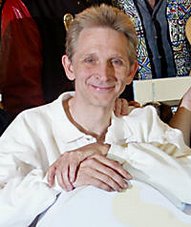
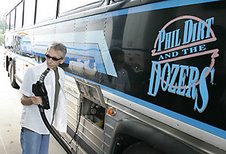
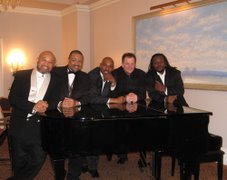
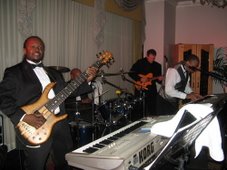
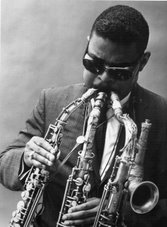
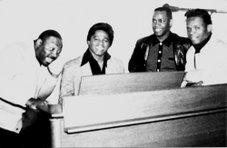

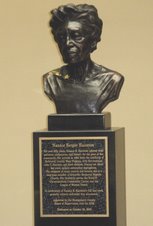
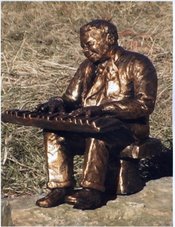
No comments:
Post a Comment